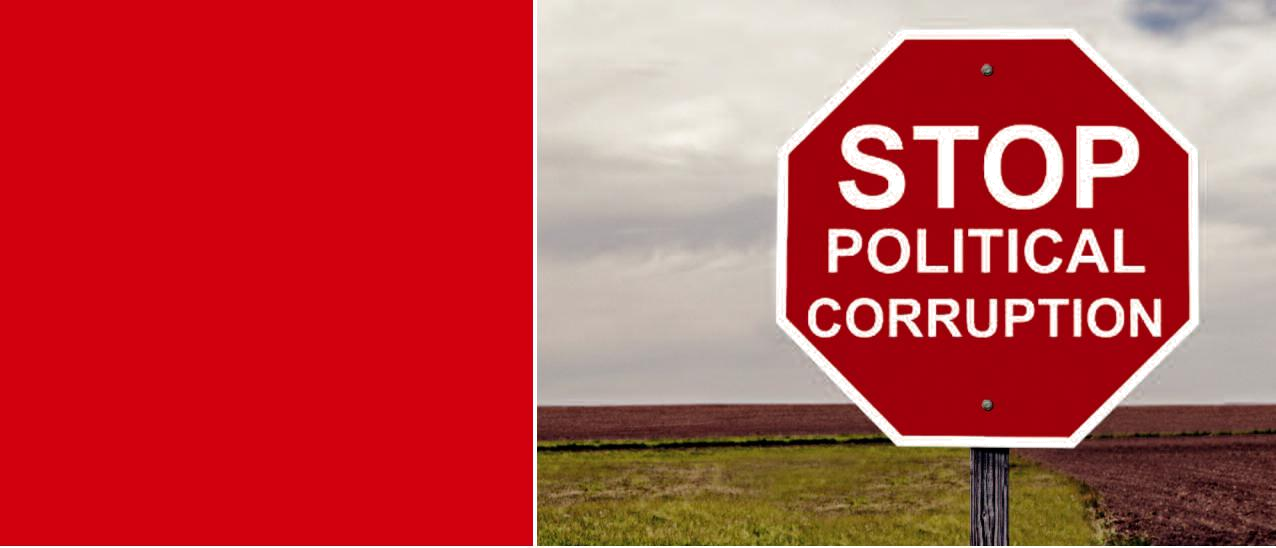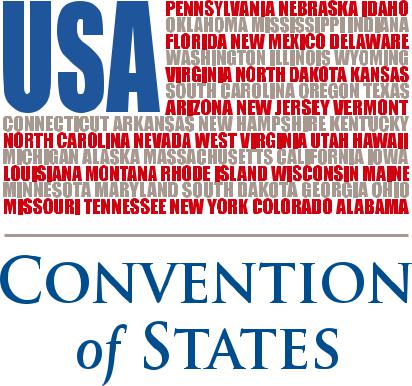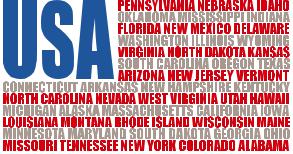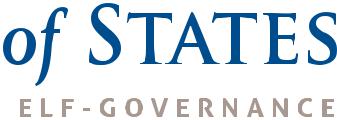This is an old revision of the document!
Article_19-CorruptingInfluenceMoneyInPolitics
 American taxpayers have lost multiple billions of dollars on companies owned by big political donors who received federal funding and then went bankrupt.
American taxpayers have lost multiple billions of dollars on companies owned by big political donors who received federal funding and then went bankrupt.
How Can the Convention of States Project Help Curb the Corrupting Influence of Money in Politics?
Vickie Deppe, Illinois Legislative Liaison, Convention of States Project
Most Americans are legitimately suspi-cious of lobbyists and big-money politi-cal donors…so much so, that the Supreme Court’s Citizens United decision sparked its own Article V movement.
But an Article V Convention to limit the power and jurisdiction of the federal government and establish spending con-trols and term limits upon its officials gives the states the power to propose amendments that can address this prob-lem in a variety of ways.
Big-money donors are not usually ideo-logically motivated, but they do expect favorable treatment for themselves or their business interests once their candi-date is sworn in as a legislator. We believe taking away the favors politicians have to dispense will dry up this money and restore the level playing field Americans hold dear, far more effectively than con-tinued attempts at a regulatory solu-tion…for which someone always finds a workaround, anyway.
One of the most common means for politicians to reward their supporters is through regulatory exemptions. An amendment that prohibits members of Congress from exempting themselves and their friends from the laws they make for the rest of us not only enjoys the unanimous support of voters we’ve surveyed, but also removes a powerful incentive for business owners to
attempt to “buy” candidates. A com-panion amendment removing de facto lawmaking authority from unelected bureaucrats will help prevent members of Congress from hiding these activities from voters. Such amendments will also help locally-owned businesses compete more effectively with large corporations who can afford lobbyists and attorneys to keep them in compli-ance with ever-more burdensome and complex federal regulations. Ameri-cans agree that a business should suc-ceed because it offers a superior prod-uct or service to its customers…not because it has friends in Washington.
Another vehicle for cronyism rests in the power of politicians to use taxpayer money to invest in and award grants, loans, and loan guarantees to for-profit businesses. Why should the politically-
Continued to back page
 Americans agree that a business should succeed because it offers a superior product or service to its customers…
Americans agree that a business should succeed because it offers a superior product or service to its customers…
not because it has friends in Washington.
Continued from front page
connected get to shake down the Ameri-can taxpayer when they couldn’t con-vince local banks and investors to fund their projects? American taxpayers have lost multiple billions of dollars on compa-nies owned by big political donors who received federal funding and then went bankrupt. Moreover, when the federal government invests in businesses, even as it regulates them and the financial mar-kets in which they function, it acts as both referee and player. This creates an addi-tional dimension of conflict-of-interest that everyday Americans find unaccept-able. The only way this practice will be stopped is for the states to propose and ratify an amendment prohibiting it; there is too much power and money involved to expect Congress to reform itself.
Finally, term limits can serve to disrupt the ability of lobbyists and big donors to
groom and maintain politicians. Term limits are wildly popular among voters, but many legislators have serious and legitimate reservations. There are two reasons that legislators opposed to term limits can feel good about supporting our initiative:
The state legislatures, not the Conven-tion of States Project or voters directly, are in the driver’s seat at the conven-tion. Our application provides the op-portunity for term limits to be dis-cussed, but in no way guarantees that they will be included on the agenda, much less adopted or ratified. Those who oppose term limits will have the opportunity to argue forcefully against them, and states may instruct their del-egation to vote “no” if such a measure comes to a floor vote.
Momentum for term limits is largely driven by dissatisfaction with legislators
over the issues and abuses discussed above. When common sense reforms are adopted to curb these abuses, the pressure for term limits will likely sub-side. It may seem counterintuitive, but our application offers the best avenue to avoid term limits because it has the potential to remedy the root causes behind the push for them. Absent such measures, term limits will continue to gain popular support. U.S. Term Limits, a group dedicated to enacting term limits on legislators, makes gains every election cycle, and has recently announced a new Article V effort to complement its legislator pledge initiative.
Otto von Bismarck once compared laws to sausage. He said it’s probably best if people don’t watch them being made. Here at the Convention of States Project, we’re working to put the kitchen in plain view of the diners.
(540) 441-7227|CONVENTIONOFSTATES.COM|Facebook.com/ConventionOfStates|Twitter.com/COSproject






